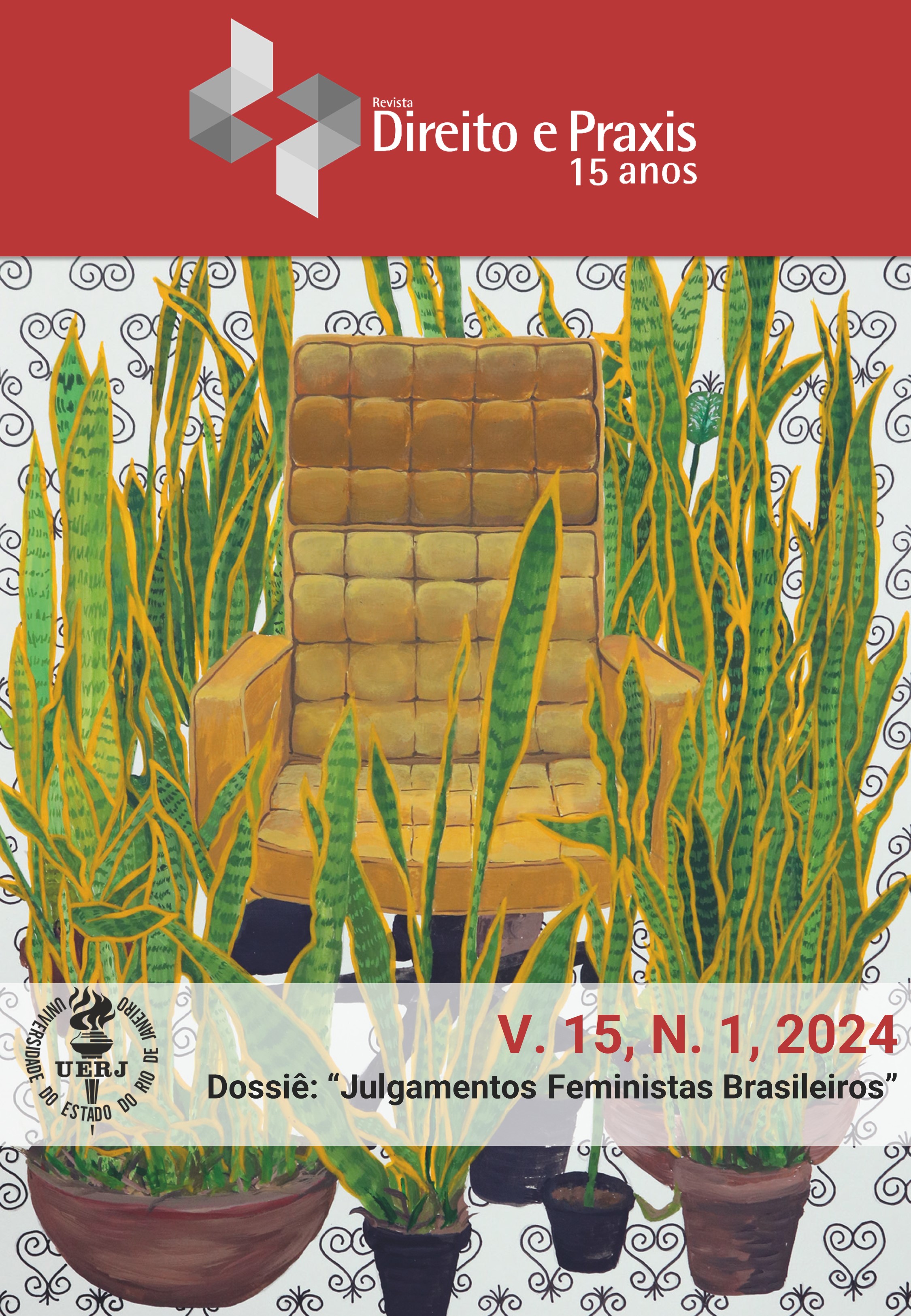Maximizing the “disposable enemies” through the health crisis of covid-19
the (selective) control of borders and the disposable life of migrants as biopolitical practices of the brazilian state
Keywords:
Brazil, International migrations, State of exception, Necropolitics, COVID-19Abstract
https://doi.org/10.1590/2179-8966/2022/63815
Human displacements were directly impacted by the necropolitical measures adopted by States to contain the COVID-19 pandemic. Brazil, in particular, adopted selective, excluding measures typical of a (permanent and widespread) state of exception, which had a severe and disproportionate impact, especially on migrants of Venezuelan nationality. As a methodology, the deductive method is used, starting from the study of selective border control as a practice of the state of exception and the understanding of the international migrant as a human refuse, to, from this, study the (dis)proportionality of (necropolitical) measures adopted by the Brazilian State to contain the expansion of the new coronavirus, especially those aimed at Venezuelan flows to the country. As a method of procedure, the history and research technique are indirect documentation. Thus, it was evident that through selective border control, the Brazilian state sought, as responses to the COVID-19 sanitary crisis, opportunely to prevent the access of uninteresting people to the country and, in the name of control and protection of some "higher lives”, discriminated and promoted the disposability of those “inferior”, such as those of Venezuelan nationality.
Keywords: Brazil; International migrations; State of exception; Necropolitics; COVID-19.
Downloads
Downloads
Published
How to Cite
Issue
Section
License
Copyright (c) 2022 Direito e Práxis

This work is licensed under a Creative Commons Attribution 4.0 International License.
The authors the sole responsibility for their texts.
It is allowed the total or partial reproduction of the articles of the Journal Law and Praxis, if the author is mentioned.
This work is licensed under a Creative Commons Attribution-Noncommercial-Share Alike 4.0 Unported License.
This license allows you to copy and redistribute the material in any medium or format for any purpose, even commercial, provided the original authorship is cited.
This work is licensed under a Creative Commons Attribution 4.0 International License.



